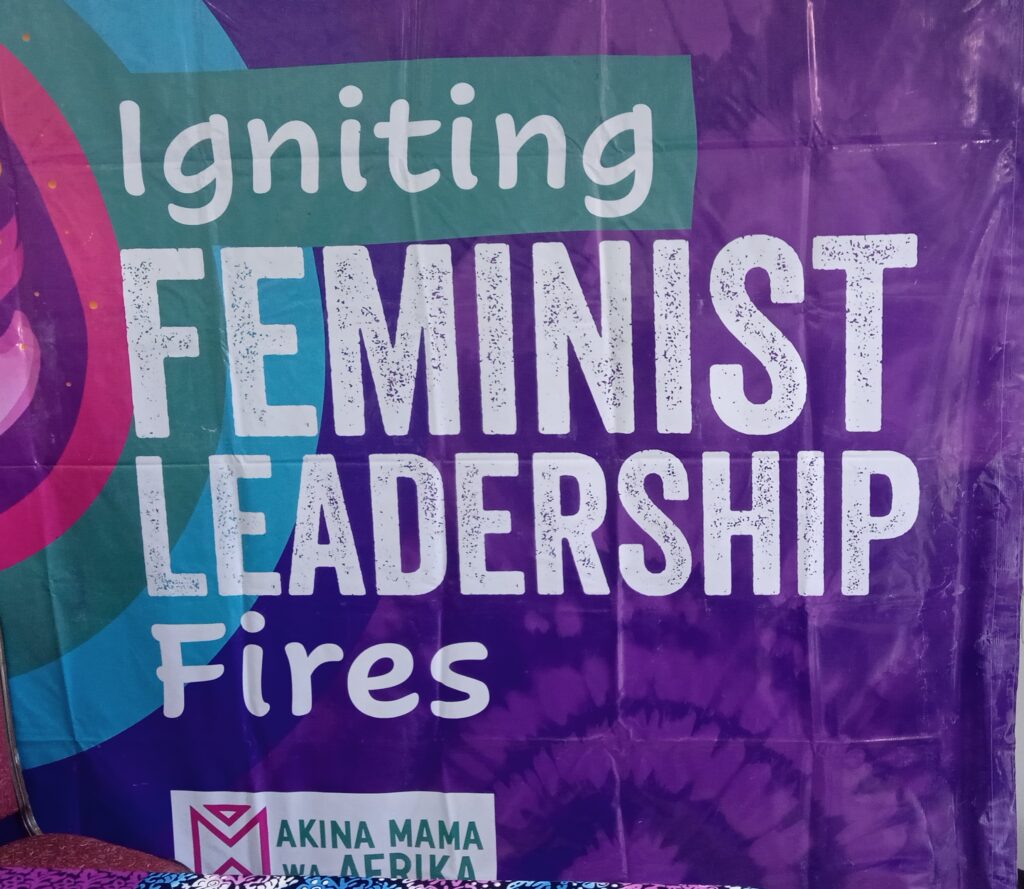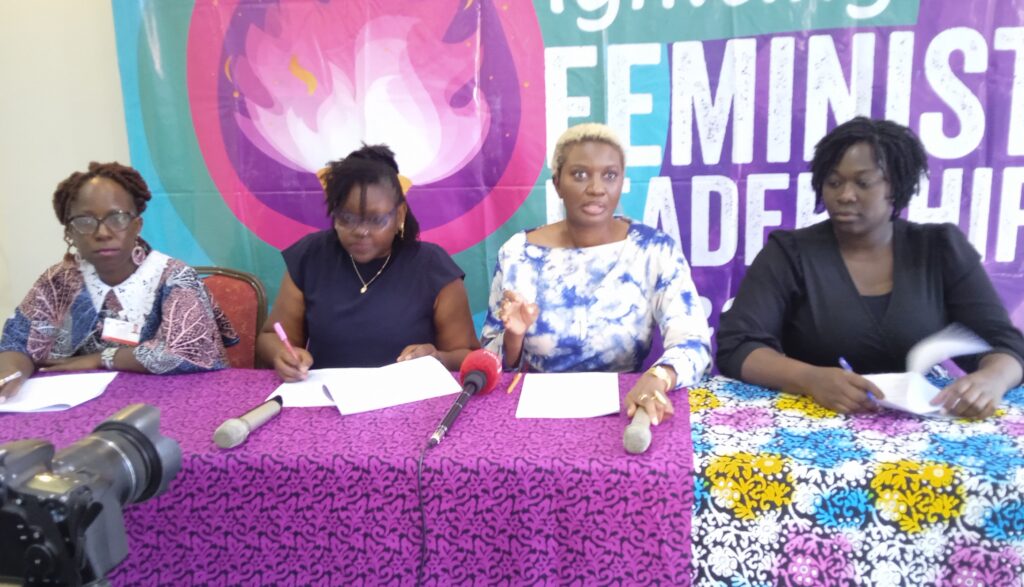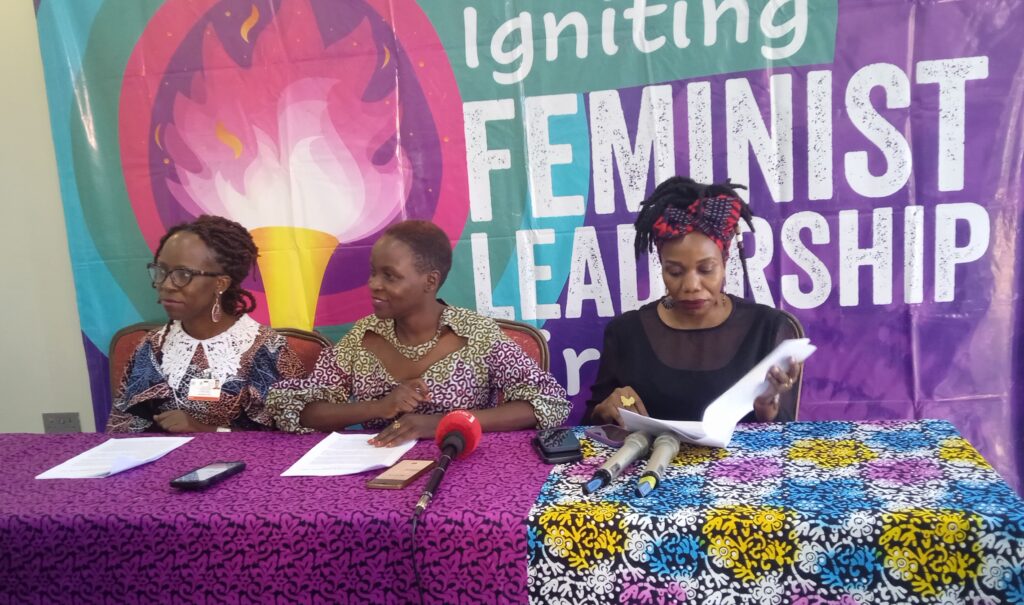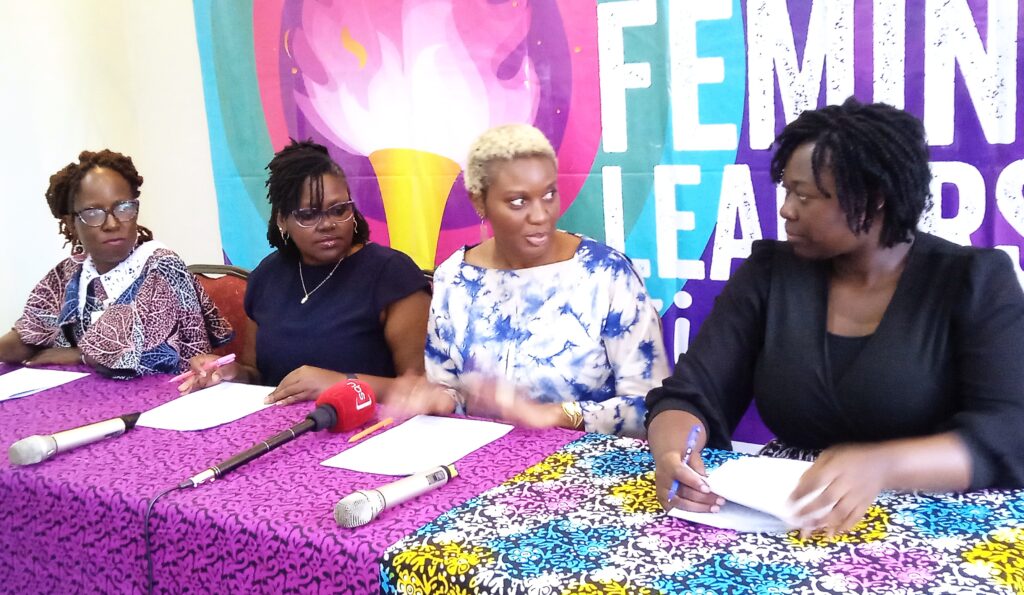
As the country hosts the 11th African Regional Forum on Sustainable Development Goals with member states, women from the African Women Major Group are calling for a renewed commitment to intersectional solutions that transform the lives of African people, particularly African women and girls in all their diversities.
This forum, taking place at Speke Resort Munyonyo from April 9th to 11th, 2025, is focused on reviewing SDG 3 (Good Health and Well-being), SDG 5 (Gender Equality), SDG 8 (Decent Work and Economic Growth), SDG 14 (Life Below Water), and SDG 17 (Partnerships for the Goals).
Although member states have made some progress in implementing these SDGs, members of the African Women’s Major Group reveal that much more needs to be done for the successful implementation of these goals.
According to the women in this group, the current global socio-political and economic landscape characterized by natural disasters, climate crises, conflicts, debt crises, and political uncertainties has delayed progress.

As a result, the continent has continued to witness a shrinking civic space and growing pushback against the rights of women, girls, and gender-expansive individuals. Increasing threats to democracy, the rule of law, and gender equality especially from well-organized and coordinated anti-rights movements remain significant challenges to progress.
These women express concern that access to healthcare in many African countries is still hindered by legal barriers, which obstruct young people, people living with HIV, women, and sexual and gender minorities from accessing critical healthcare when it is needed.
During a press conference at Sir George Hotel in Kampala, Olabukunola Williams, the SRHR lead at Akina Mama Wa Afrika, expressed that despite progress made on maternal mortality, the rate across Sub-Saharan African countries remains higher at 454 deaths per 100,000 births, compared to the global average. This is well above the SDG target of less than 70 deaths per 100,000 births, with many of these deaths resulting from unsafe abortions, particularly among young women and adolescent girls. This highlights the need for more attention to review SDG number 3.

The Economic Justice and Climate Action Lead at Akina Mama Wa Afrika, Faith Lumonya, presented some of the group’s recommendations, emphasizing the need for governments to recognize unpaid work, particularly the labor that women bear in providing care for families, emotional labor, and other tasks that are often viewed as part of women’s natural roles in society, for which they receive no monetary compensation.
Further elaborating on the recommendations, Penny Ogembo, the President of the Girl and Young Women Movement in Kenya, emphasized the need for African countries to expedite the universal ratification and full domestication of the Maputo Protocol so that African women and girls, in their diversity, can fully enjoy their human rights. This would help enforce laws against harmful practices directed at women and ensure justice for survivors.

Other recommendations put forward by the women under Africa’s Women Major Group include, but are not limited to:
Promoting digital inclusion, improving gender-disaggregated data collection, fostering regional and continental cooperation to achieve the 2030 Agenda, strengthening climate adaptation strategies, ensuring access to climate financing, enhancing legal protections for women, increasing domestic resource mobilization, implementing gender-responsive budgeting, prioritizing universal health coverage, and eliminating barriers to accessing social services, among others.
Wambui Kimanyi, the Executive Director of the Zamara Foundation in Kenya explains that since Kenya is heavily reliant on donor funding, especially for reproductive health and HIV programs to achieve SDG 3, it raises a huge issue when it comes to sustainability. She added that Kenya’s public investment continues to be below the Abuja Declaration target of 15% of the national budget, limiting the reach and quality of services. “It is important for the Kenyan government to prioritise health and increase domestic resources for health.” Wambui emphasised.



